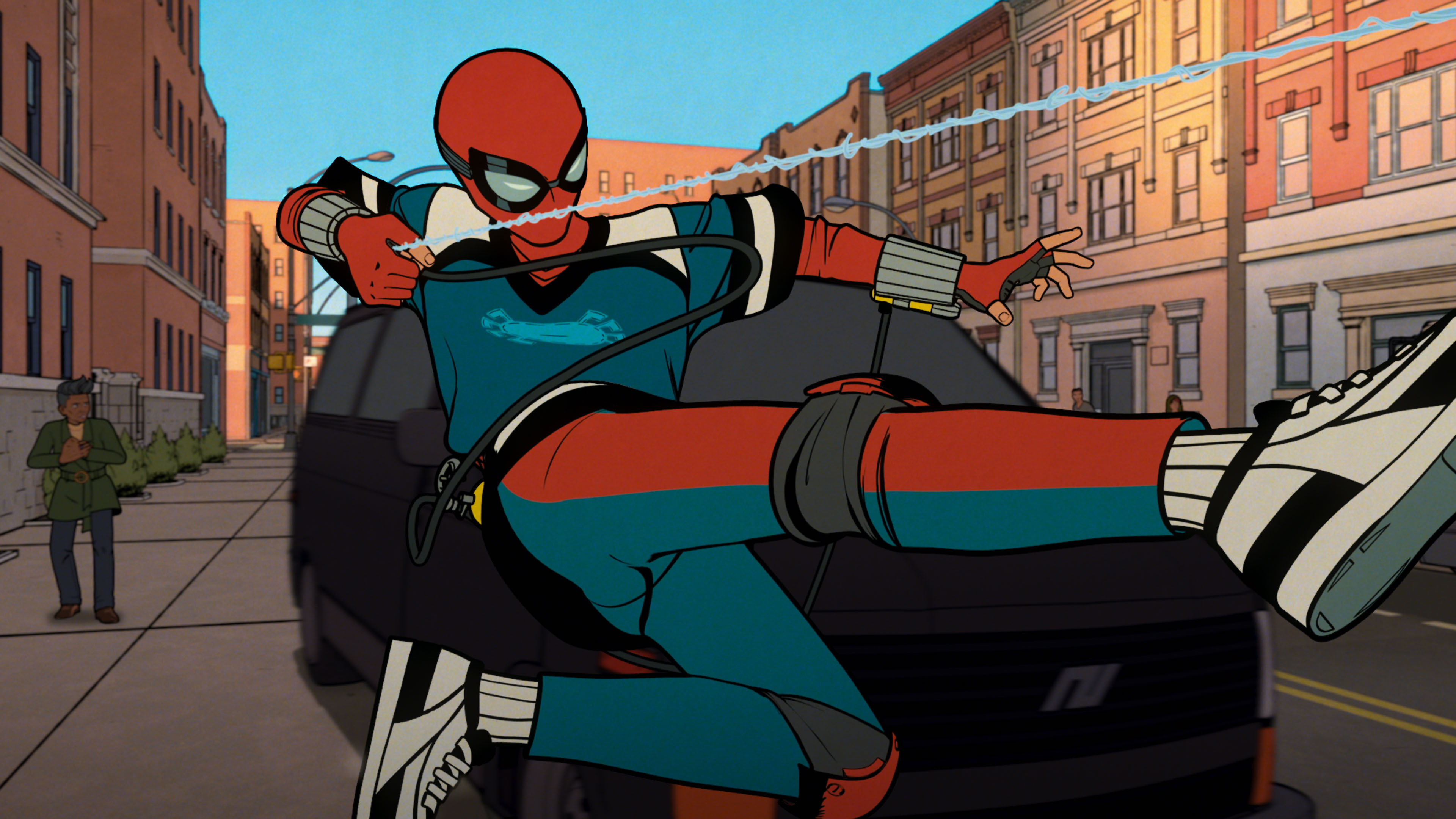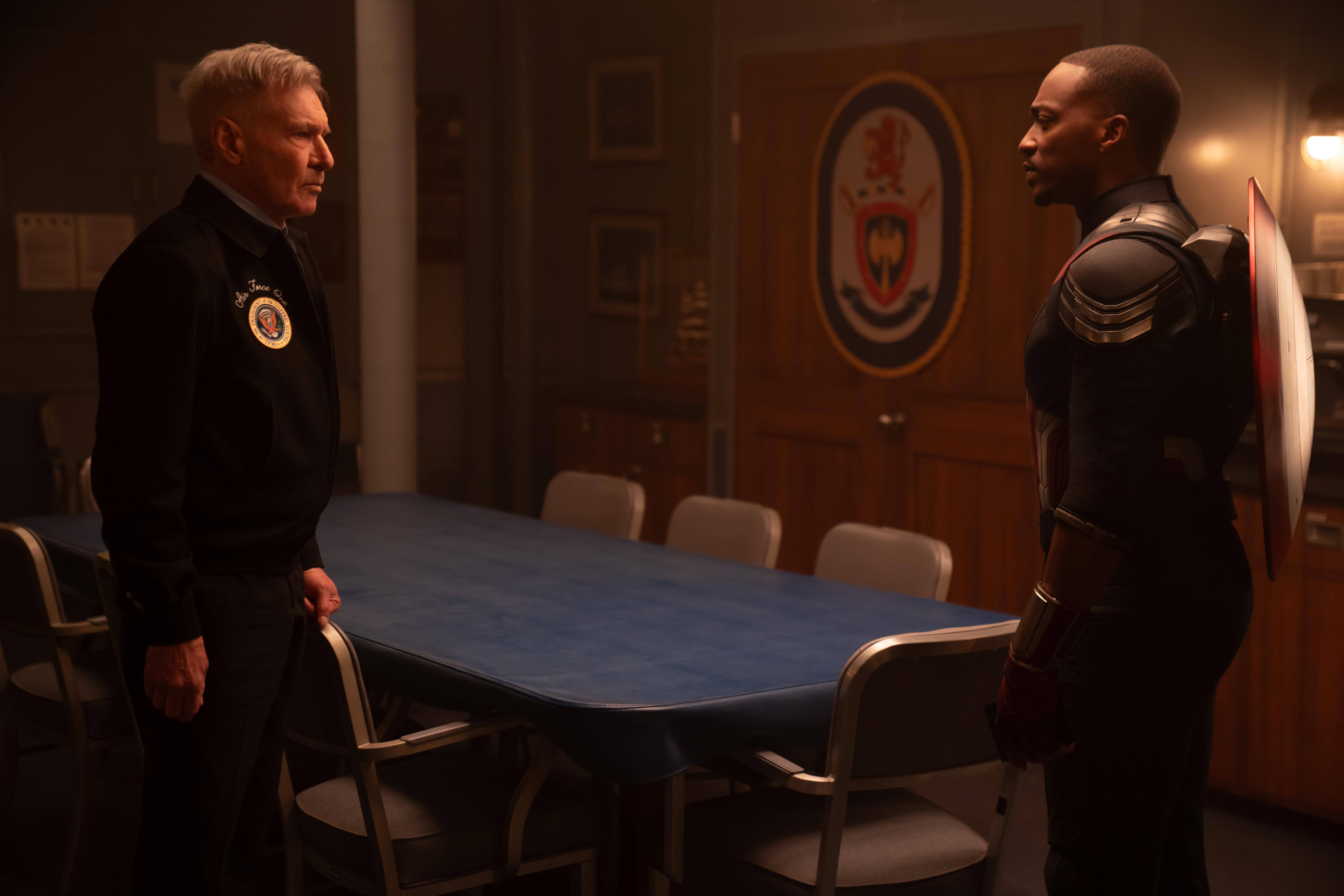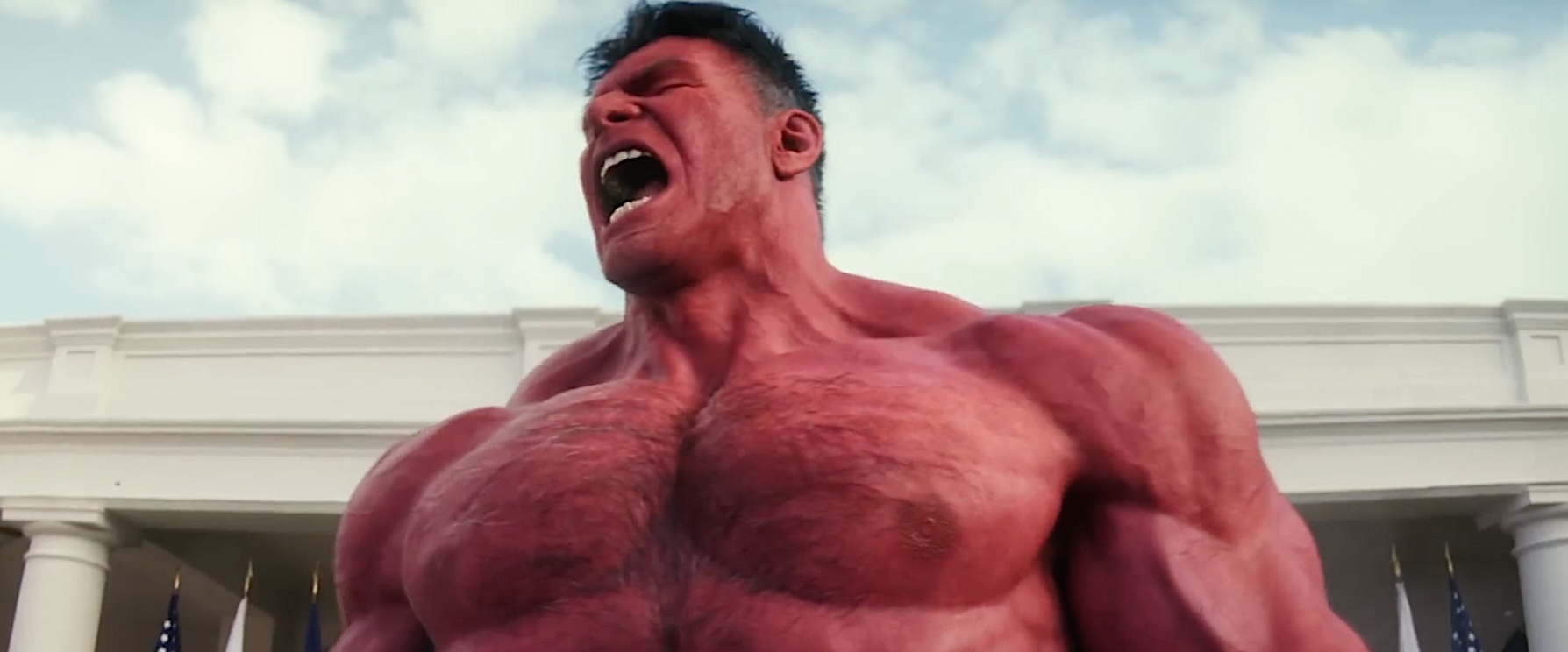Doctor Who had it right: It’s better if you don’t explain time travel.
“Blink,” the fan-favorite 2007 episode, famously described time as “wibbly-wobbly, timey-wimey… stuff,” an extremely British way to dismiss the horologists among us and get down to the more important business of telling a story, about a person. This is the biggest pitfall of a time travel tale: Making the time travel more important than the tale being told.
Loki season 2 leaps headfirst into this trap. Across its six episodes, the show’s writers happily dive into the logistics of the rapidly expanding and collapsing Sacred Timeline, with characters talking to each other about the existential chaos they face and running thought experiments and ethical dilemmas past each other as they desperately try to thwart the chaos that seems inevitable. There are attempts to ground this disaster, brief scenes of ordinary people in doomed branches of the timeline frayed into wispy cosmic spaghetti, but we don’t know these people. They are, by definition, branches from canon, the so-called Sacred Timeline. That’s the one we call the MCU; what the audience actually cares about.
This is a colossal bummer, man. Loki, as I’ve noted before, has everything a TV show could want: A great cast, a fun sandbox to play in, a distinct visual aesthetic, a great composer in Natalie Holt, and a built-in excuse to do just about anything a writer can dream up. But instead of an expansive series that cashed in on that potential, Loki turned increasingly inward, becoming a singularity of continuity maintenance, an ouroboros of cause and effect.
:no_upscale()/cdn.vox-cdn.com/uploads/chorus_asset/file/25074463/loki_season_2_finale_ending_explained.jpg)
“Glorious Purpose,” the season — and possibly series — finale (and also the name of the series premiere) tries to retrofit a dozen episodes of timey-wimey nonsense into a coherent emotional arc for Loki. While Tom Hiddleston emotes like you wouldn’t believe, I’m not sure what he’s learned, or how he’s changed. Loki arrives at the TVA an unrepentant villain, and initially cooperates with the cosmic bureaucracy under duress, then from curiosity in/affection towards his variant, and finally out of cosmic dread after meeting He Who Remains.
Somewhere in all that Loki becomes a true believer, a problem solver, a go-getter. The God of Mischief got real cool with institutional authority, a “change the place from the inside” type of guy. I’m not even implying the version of Loki that depicts this arc is a bad idea. I’m just saying I would have liked to have seen it. Instead, we got an erratic story about a deeply inconsistent character, who was untrustworthy until he wasn’t, calling people he shared no on-screen connections with friends. In “Glorious Purpose,” he even spends centuries — centuries — diligently studying so he can learn to save the world. Loki! The guy who wanted to blow up New York! Just dwelling on that a bit more would have gone a long way.
Loki does a tremendous amount of telling and not a lot of showing. We are told that the primary ideological conflict, with Loki on one end and his variant Sylvie on the other, is one of free will vs. determination. If the Sacred Timeline is doomed by Sylvie’s act of killing He Who Remains to free it from the TVA’s meddling, then should Loki stop Sylvie to save everyone’s life? Are the only two choices fate or oblivion? Loki has not built out a world worthy of the thought experiment.
And yet the show labors endlessly in abstract waters, piling trolley problem atop of trolley problem until at one point the show literally points at a line disintegrating on a screen and says “those are lives” as one character sheds a tear.
I don’t know what this is, but it’s not a story.
:no_upscale()/cdn.vox-cdn.com/uploads/chorus_asset/file/25074110/ARC_206_21297_R.jpg)
“Glorious Purpose” (the new one, not the first one) does once again hint that Loki could have been better than this. One of the season’s flaws compared to season 1 is in how it affords even fewer characters any interiority. Sylvie is less a foil this time than an obstacle, and new characters like Victor Timely do not have real arcs, just plot functions. And even those are minimal: I do not know why the TVA’s Hunter B-15 (Wunmi Mosaku), or science flack Casey (Eugene Cordero) are even here, beyond their function as chips in the ideological argument between Loki and Sylvie. Victor Timely shares a face with the MCU’s big bad, but Loki isn’t interested in exploring what that might mean.
Yet in a few precious moments, we spend a little time with Agent Mobius, and the man he was before he joined the TVA.
His name is Don. He sells jet skis, and is kind of a lousy dad who ignores his kids’ calls. Family seems like a burden to him, at least when compared to the freedom of a jet ski. Somehow he became a person responsible for things, responsible for everything in a very literal sense, and for some reason walking away and forgetting that life was an acceptable trade to him. Loki treats this character beat as an afterthought, making Mobius the only character not named Loki to get a narrative coda, and one that underlines how much the show’s writers could have done with what they had. I’m not sure why, Mobius makes the choices he did but I’d like to know. I’d like to have seen that story. Loki had the time.








